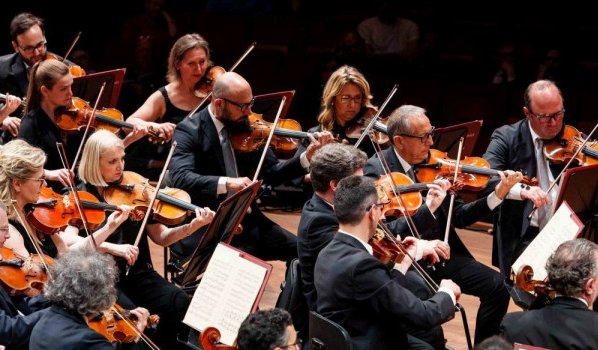
Program
Featuring
Other information
The event is about 3.0 hours long.
About the event
All roads lead to Rome. Rome was not built in a day. See Rome and die. When in Rome, do as the Romans do. Rome is the navel of the world. The abundance of proverbs and sayings about the city shows that the centre of an ancient empire has fascinated and continues to fascinate travellers from around the globe from ancient times to present day. Bridging Europe 2023 connects Budapest with the Eternal City and, as is customary at this festival, the programme will bring together artists and performers representing the two locations and cultures.
The Accademia Nazionale di Santa Cecilia in Rome is one of the oldest musical institutions in the world, its predecessor was established in 1585. Its internationally renowned orchestra has been in existence since 1908, as the first symphony orchestra in Italy to focus entirely on the orchestral (not operatic) repertoire. Its current Music Director is Antonio Pappano. The Cantemus Mixed Choir is an internationally successful member of the Cantemus Choir Family of Nyíregyháza, founded by conductor Dénes Szabó in 1975. For Hungarian music lovers, the name Iván Fischer is synonymous with the Budapest Festival Orchestra, which he founded in 1983. But as this evening illustrates, the former student of Hans Swarowsky in Vienna is a guest conductor at many of the world's most prestigious music institutions, from the Concertgebouw Orchestra in Amsterdam to the Berlin Philharmonic. Ottorino Respighi (1879-1936) is considered by music history to be an unrivalled master of orchestration, and his Roman Trilogy comprises three masterpieces of vivid musical representation. A deeply religious man, Franz Liszt (1811-1886) had a spiritual attachment to Rome, where he regularly spent long periods of time; the two choral works performed at the concert prove his love for the city.
